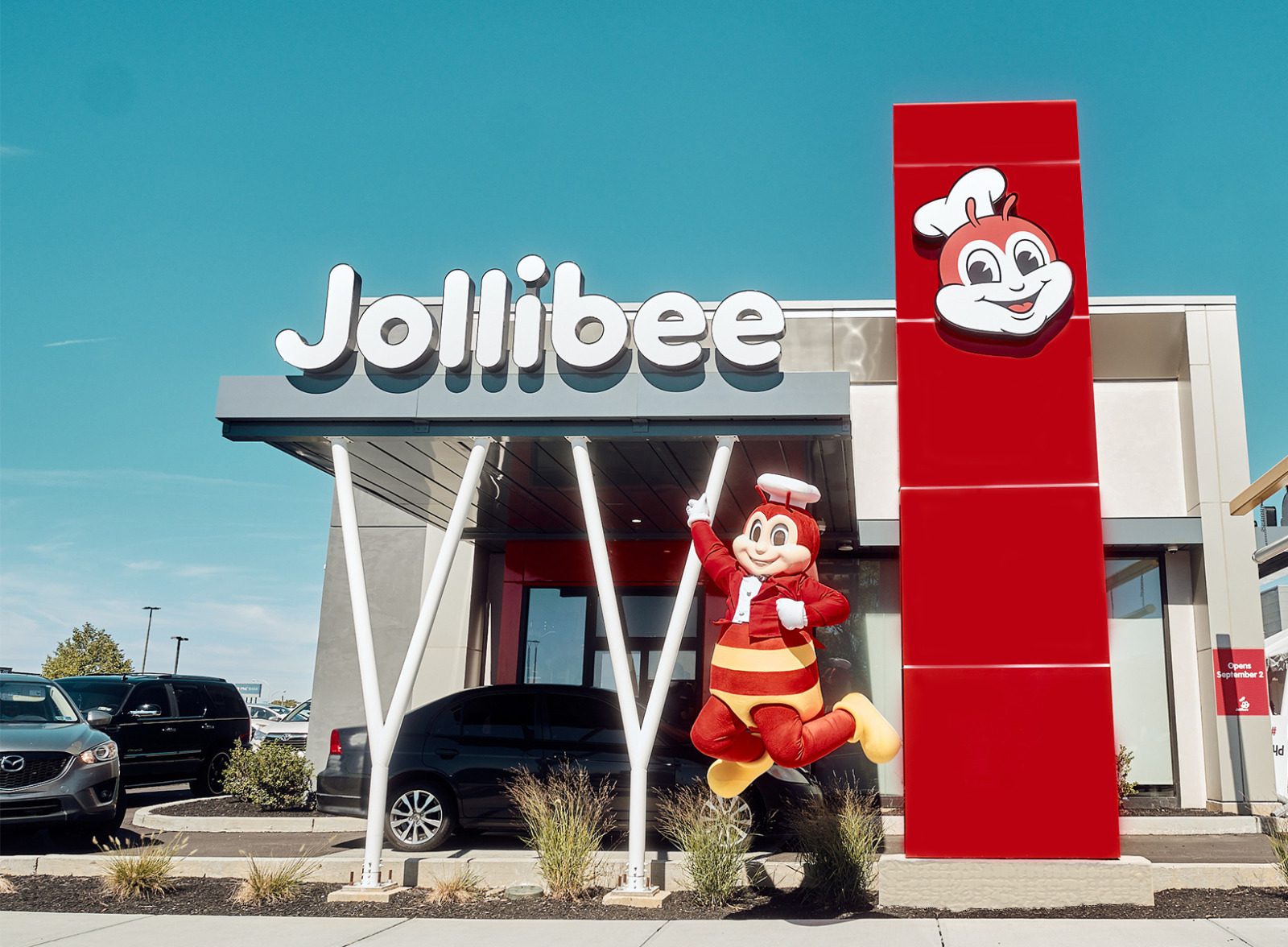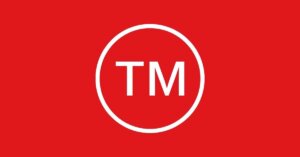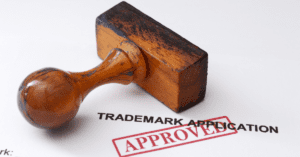Experienced and committed brand protection is crucial in the business world. The case study we’re about to discuss involves Jollibee Food Corporation (JFC), a multinational company from the Philippines known for its famous fast-food brand. The company owns the “JOLLIBEE” trademark, which has been a valuable asset since 1978. However, they faced a challenge when a lawsuit was filed for the cancellation of the brand by another party claiming rights to the same name. This article delves into the trademark dispute involving Jollibee and the legal aspects associated with it, including arguments from both sides.
A Case Example
Jollibee Food Corporation (JFC) is a fast food company from the Philippines. It is claimed as a multinational company and categorized its trademark as a famous brand. The basis of the claim includes:
- The company has been established since 1978 with the “JOLLIBE” trademark, so it has become a precious asset;
- This trademark has been promoted consistently to various countries through social media with thousands of followers;
- Being the core displayed on search engines when people type the word “Jollibee”;
- Created a TV channel under the name “Jollitown” as a promotional effort to reach out to its global audience.
Several variations of the Jollibee brand have also been registered at the DGIP in classes 43 and 16.
They filed a lawsuit with the Central Jakarta Commercial Court on January 16, 2023, to sue Karsino as the owner of the “Jollibee” trademark registered in class 14. They also sued DGIP as a Defendant II. The main reason for filing the lawsuit is the similarity between Plaintiff’s “JOLLIBEE” trademark and Defendant’s “Jollibee” trademark.
The similarity criteria can be seen in the following statement:
- Word composition, visual and phonetical similarities
- Similarity of types of goods (in class 16)
The basis of this trademark cancellation lawsuit is Article 21 paragraph (1) of the Trademark Law and Article 17 paragraph (1) of the MOLHR Regulation No. 12 of 2021, which stipulates that the “dominant element” is the main factor to determine the existence of similarities in essence between one trademark and another.
Then Plaintiff argues that if we pay attention to the provisions in Article 21 paragraph (3) of the Trademark Law and its explanation, Defendant’s “Jollibee” trademark has been conclusively filed and registered in bad faith. Plaintiff considers that the first Defendant has imitated, followed, or hijacked the fame of Plaintiff’s “JOLLIBEE” Trademark. The registration of the “Jollibee” trademark also can cause the public to assume that Defendant is a business associate of Plaintiff who is permitted to use the “JOLLIBEE” trademark in Indonesia, which is, in fact, not true at all.
The Plaintiff also assumes that the word element “JOLLIBEE” is not a word that has a meaning in the Indonesian language nor a common term in the English language but is derived from the name of the Plaintiff’s legal entity, namely Jollibee Foods Corporation, which is also a well-known trademark. Therefore, the Defendant can’t register the “Jollibee” mark without being inspired by the Plaintiff’s “JOLLIBEE” mark.
According to the Permanent Jurisprudence of the Supreme Court of the Republic of Indonesia No. 279 PK/Pdt/1992, dated January 6, 1998, a trademark can be considered to have similarities in essence or its entirety with the trademark of another party if there are:
- Similarity of form;
- Similarity of composition;
- Similarity of combination;
- Similarity of elements;
- Sound similarity;
- Phonetic similarity; or
- Similarity in appearance.
Based on the provisions of laws and regulations and the Supreme Court’s Permanent Jurisprudence mentioned above, the Plaintiff considers that the Defendant’s “Jollibee” Trademark is clearly and convincingly similar to the Plaintiff’s “JOLLIBEE” Trademark.
First Defendant Exception
The first defendant argues that the Plaintiff’s lawsuit has expired. The trademark cancellation lawsuit filed by the Plaintiff dated January 16, 2023, has passed the deadline specified in Article 77 paragraph (1) of Law Number 20 of 2016 concerning Trademarks and Geographical Indications, which should be filed by February 16, 2018.
As stipulated in Article 77 paragraph (1) of Law No. 20 of 2016 on Trademarks and Geographical Indications, which reads: “The lawsuit for cancellation of trademark registration can only be filed within a period of 5 (five) years from the date of registration of the trademark”. Based on the article above, the lawsuit for cancellation of trademark registration can only be filed within 5 (five) years from the date of registration of the trademark. Because the Plaintiff’s lawsuit was filed overdue (expired), then legally, the Plaintiff’s lawsuit should be declared unacceptable (Niet Ontvankelijke Verklaard / NO).
Judge’s Ruling
In response to the claims and objections from both parties, the judge presented several considerations as follows:
- Regarding a Well-Known Trademark
Plaintiff argues that the“JOLLIBEE”trademark is already known to the public, as indicated in the Plaintiff’s arguments from points 6 to 13. Whether the Plaintiff’s JOLLIBEE trademark has been continuously and extensively promoted solely because it is registered in various countries, it is legally insufficient for the Plaintiff’s argument to prove that the Plaintiff’s JOLLIBEE trademark is a well-known trademark.
- Regarding the Registration of the Trademark
The JOLLIBEE No. IDM000004618, registered on April 19, 2004, in class 43 belonging to the Plaintiff, significantly differs from the Jollibee trademark No. IDM000475954 registered on February 26, 2013, by the Defendant. The difference is that Plaintiff’s JOLLIBEE has both letters and images, while Defendant’s Jollibee has only letters. Furthermore, Plaintiff’s JOLLIBEE trademark is registered in class 43, which includes restaurants, cafeteria restaurants, and coffee shops. Defendant Jollibee is in class 16 with a description of goods: plastic bags, PP, PE, and kresek-HO.
- Regarding Similarity of Goods
The Plaintiff argues on page 16, stating the presence of class and production of similar goods. It is important to note that the Defendant’s Jollibee had already been registered in the General Trademark List No. IDM000475954 on February 26, 2013, belonging to class 16, which produces and trades in goods: plastic bags, PP, PE, and kresek-HO. Meanwhile, the Plaintiff’s JOLLIBEE, which falls under class 16, was only registered in Indonesia on November 10, 2022.
- Regarding Bad Faith
Furthermore, to assess the presence of bad faith in a trademark registration request under Article 21 paragraph (3) of Law No. 20 of 2016 concerning Trademarks and Geographical Indications, a trademark registration request can be qualified as a trademark applicant acting in bad faith if the trademark registration request is an attempt to dishonestly seek profit by registering a well-known or widely recognized trademark, leading to unfair competition, misleading, or confusing consumers. Therefore, if Plaintiff argues that the registration of the Jollibee trademark by Defendant was based on bad faith, Plaintiff must prove whether the use of the Jollibee trademark is indeed a copy or imitation of Plaintiff’s trademark, causing confusion among the general public, especially consumers.
Considering that based on the arguments presented by the Plaintiff as mentioned above, further evidence is required regarding:
- The level of public knowledge or recognition of the “Jollibee” trademark and image owned by the Plaintiff in the relevant business as a well-known trademark;
- Investments in various countries worldwide made by the owner of the “Jollibee” trademark and image owned by the Plaintiff;
- The geographic scope of use of the “Jollibee” trademark and image owned by the Plaintiff (in Indonesia);
- The period of use of the “Jollibee” trademark and image owned by the Plaintiff.
Judgment
In Objections: Rejecting the objections from the Defendant and Co-Defendant;
In the Main Case:
- Dismissing the Plaintiff’s lawsuit in its entirety;
- Sentencing the Defendant to pay the costs incurred in this case in the amount of Rp. 1,740,000 (one million seven hundred forty thousand rupiah).”
Conclusion
The story of Jollibee Food Corporation and the trademark dispute it faced is a real-world example of how vital brand protection is in an increasingly competitive business environment. As companies grow into well-known brands, they must ensure that their intellectual property rights are adequately protected. Regardless of the outcome in this case, one thing is clear: the importance of understanding trademark regulations and safeguarding intellectual property rights. In today’s global and digital business landscape, trademark protection can be a key to long-term success.
If you believe that Indonesia is the right market for your product or service, then Am Badar & Am Badar IP Law Firm is the right partner to assist you in navigating through the nation’s IP ecosystem.
Our service not only encompasses the entire registration process but we also provide monitoring services – monitoring over misuses of your registered Intellectual property by irresponsible parties.
Am Badar and Am Badar IP Law Firm is the ideal place for Partners who need services or consultations related to Intellectual Property. Contact us via ambadar@ambadar.co.id. We will provide the best solution according to your situation.
References:
Putusan Nomor 9/Pdt.Sus-Merek/2023/PN.Niaga.Jkt.Pst.
https://SIPP.go.id






